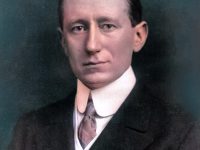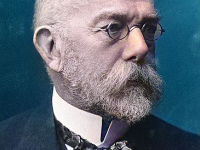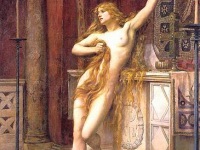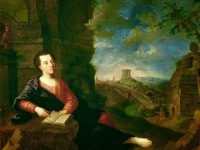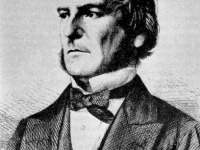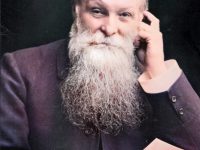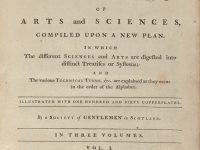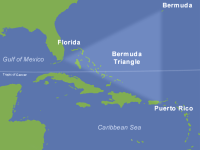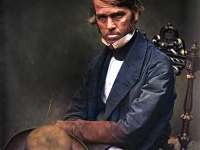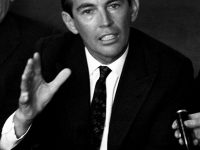Guglielmo Marconi and his Magic Machine
On December 12, 1901, Italian born engineer Guglielmo Marconi succeeded with the very first radio transmission across the Atlantic, by receiving the first transatlantic radio signal at Signal Hill in St John’s, Newfoundland transmitted by the Marconi company’s new high-power station at Poldhu ,Cornwall. The distance between sender and receiver was about 3,500 kilometres (2,200 mi) and with this groundbreaking long distance record the era of wireless telecommunication started. “Have I done…
Read more











